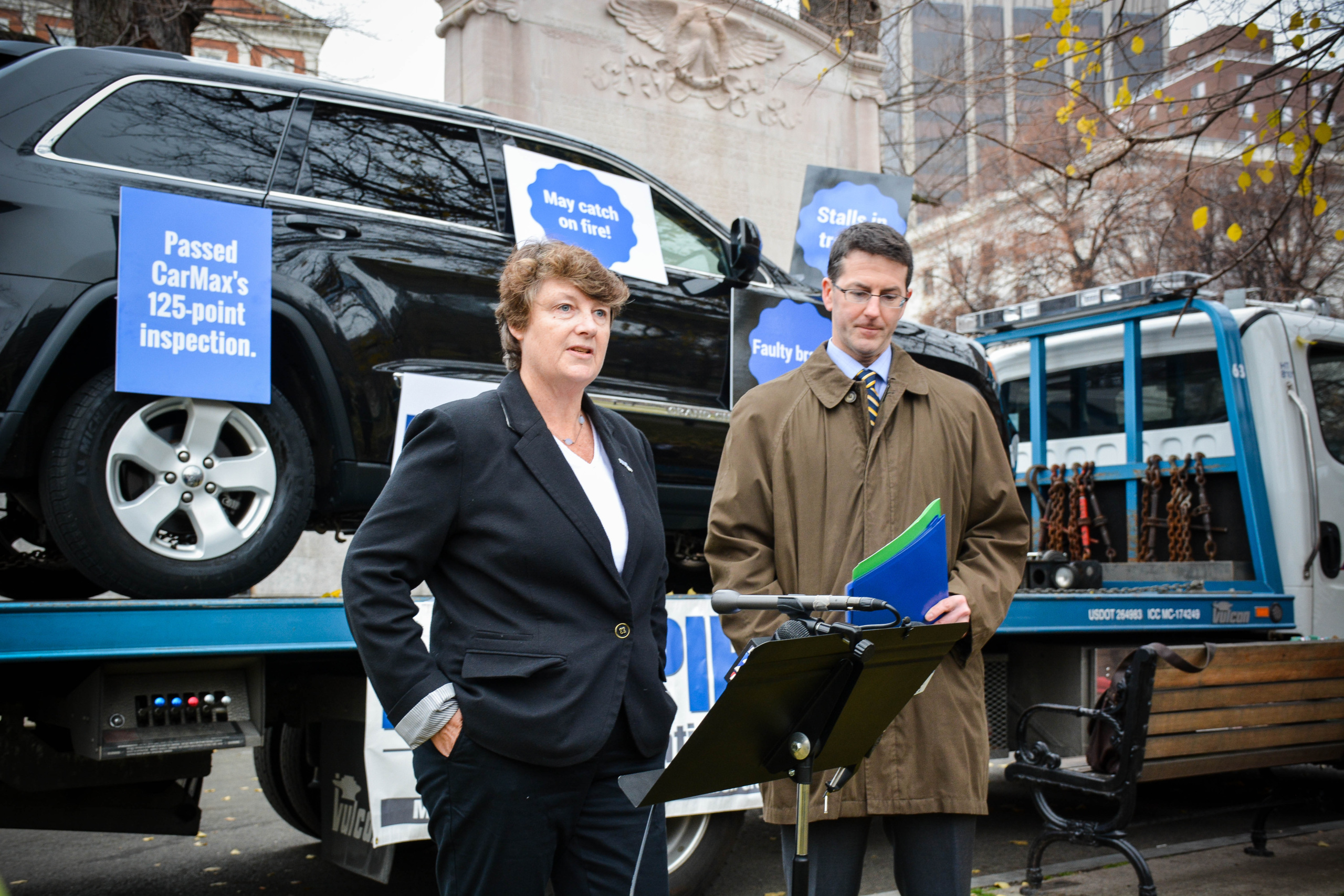
Tackling the high cost of college textbooks
Every year, college becomes more expensive and out of reach for many. Compounding other factors, textbook and other course material costs have increased by 88% over the past decade, often reaching $500 per student every semester. High textbooks costs have led nearly two-thirds of students to skip buying a book, knowing that it will impact their grade. Others instead take on additional work hours, skip meals, and leave bills unpaid to afford their required books, all of which have their own negative impacts on academic success. MASSPIRG urged lawmakeers to support Open Educational Resources to reduce the cost college text books and other educational material. See our letter below.

Dear Representative,
Please help reduce the high cost of college textbooks, by co-sponsoring and supporting Amendment #1013 to H.4219, Open Educational Resources (OER) Fund, filed by Representative Domb.
The amendment allows for $1million to be invested in Open Educational Resource grants (OERs) at our 2 and 4 year public colleges, making textbooks and other course material more affordable and accessible.
Open Educational Resources make the cost of college and course materials more affordable for students in Massachusetts. The need for more affordable options available to students is even greater today as they face the hardships of COVID-19 and remote learning. (See Fixing the Broken Textbook Market, for more information.)
Open Educational Resources (OER)
Every year, college becomes more expensive and out of reach for many. Compounding other factors, textbook and other course material costs have increased by 88% over the past decade, often reaching $500 per student every semester. High textbooks costs have led nearly two-thirds of students to skip buying a book, knowing that it will impact their grade. Others instead take on additional work hours, skip meals, and leave bills unpaid to afford their required books, all of which have their own negative impacts on academic success.
To address this growing crisis, many professors are adopting Open Educational Resources, or OERs, to use in their courses. OERs are teaching, learning, and research materials that replace the need for expensive textbooks. They can be released in any medium – digital or physical – and may include full courses, course modules, textbooks, videos, tests, software, and any other tools, materials, or techniques used to support access to knowledge. OERs reside in the public domain or have been released under an open license that permits free access, use, adaptation and redistribution by others with no or limited restrictions.
Open Educational Resources have been shown to increase student achievement within many courses so that they are able to succeed academically and complete their degree on time, all without the cost barrier of traditional commercial textbooks. A small investment in OER saves students many times more. Funding for OER has historically saved students 10 times the amount invested. For example, at UMass Amherst, less than $200,000 in OER grant funding has saved students over $2 million in just 8 years.
OER Grants will save students from hardship by:
-
Funding professional development workshops on campuses around the state for faculty to be trained on how to search for and adopt existing Open Educational Resources.
-
Funding grants and stipends that will facilitate the creation of new Open Educational Resources.
Similar grant commitments have been made in CA, NY, GA, and Washington D.C.
Now more than ever, it is critical that we ensure students have access to affordable and accessible options necessary to complete their education. Investing in Massachusetts students will ensure they are able to succeed in their classes and complete their degree, helping both them and our state succeed.
Please support Amendment #1013 in H.4219 providing $1million for OER grants in our 2 and 4 year public colleges.
Sincerely,
Deirdre Cummings, Legislative Director, MASSPIRG
Arianna Maddox, Statewide Board Chair, MASSPIRG Students, UMass Boston, 2024
Topics
Authors
Deirdre Cummings
Legislative Director, MASSPIRG
Deirdre runs MASSPIRG’s public health, consumer protection and tax and budget programs. Deirdre has led campaigns to improve public records law and require all state spending to be transparent and available on an easy-to-use website, close $400 million in corporate tax loopholes, protect the state’s retail sales laws to reduce overcharges and preserve price disclosures, reduce costs of health insurance and prescription drugs, and more. Deirdre also oversees a Consumer Action Center in Weymouth, Mass., which has mediated 17,000 complaints and returned $4 million to Massachusetts consumers since 1989. Deirdre currently resides in Maynard, Mass., with her family. Over the years she has visited all but one of the state's 351 towns — Gosnold.
Find Out More

Car companies are sneakily selling your driving data

Protecting the public from unsafe recalled cars

Apple AirPods are designed to die: Here’s what you should know
